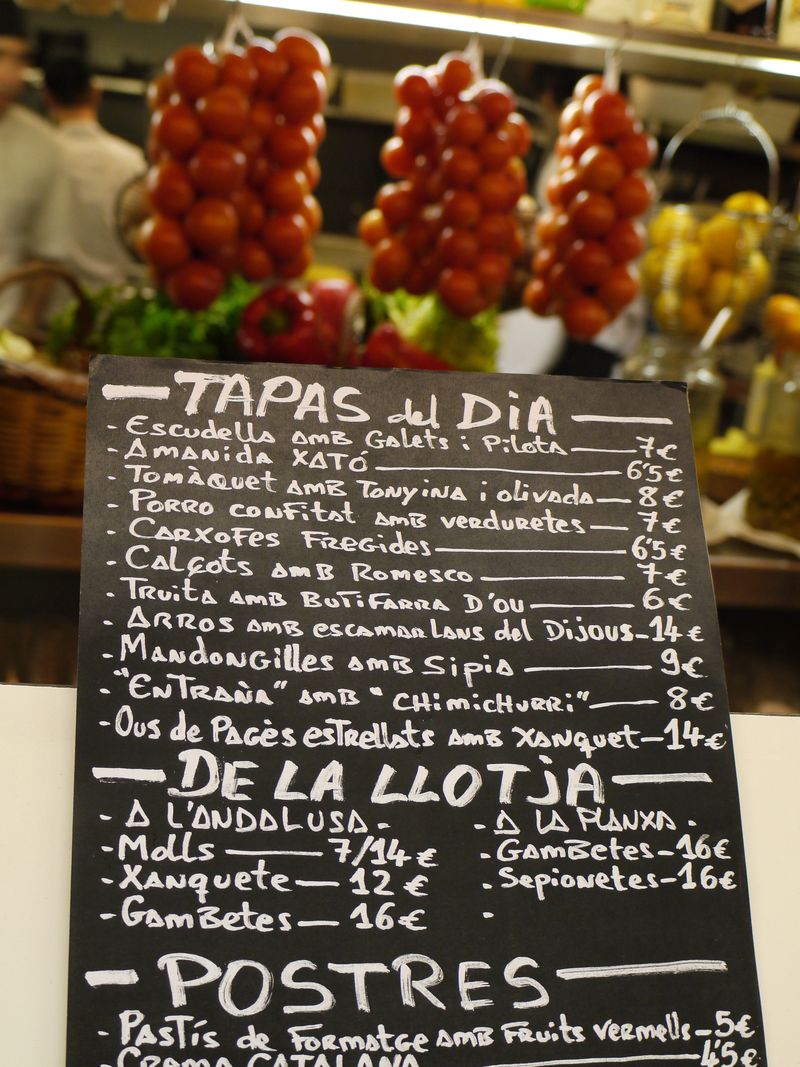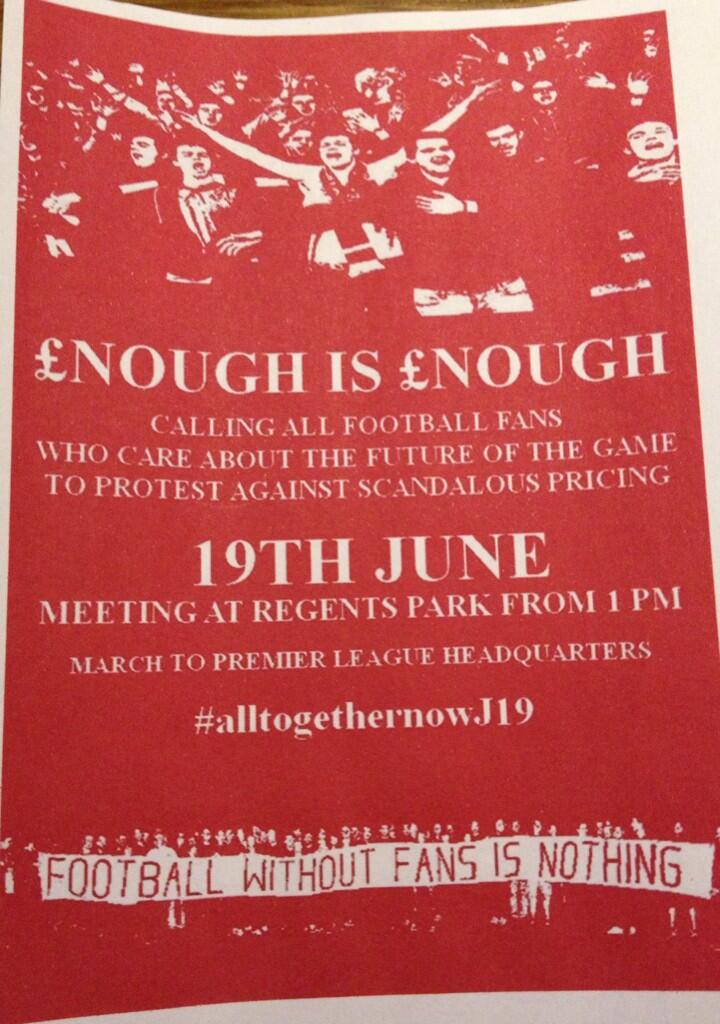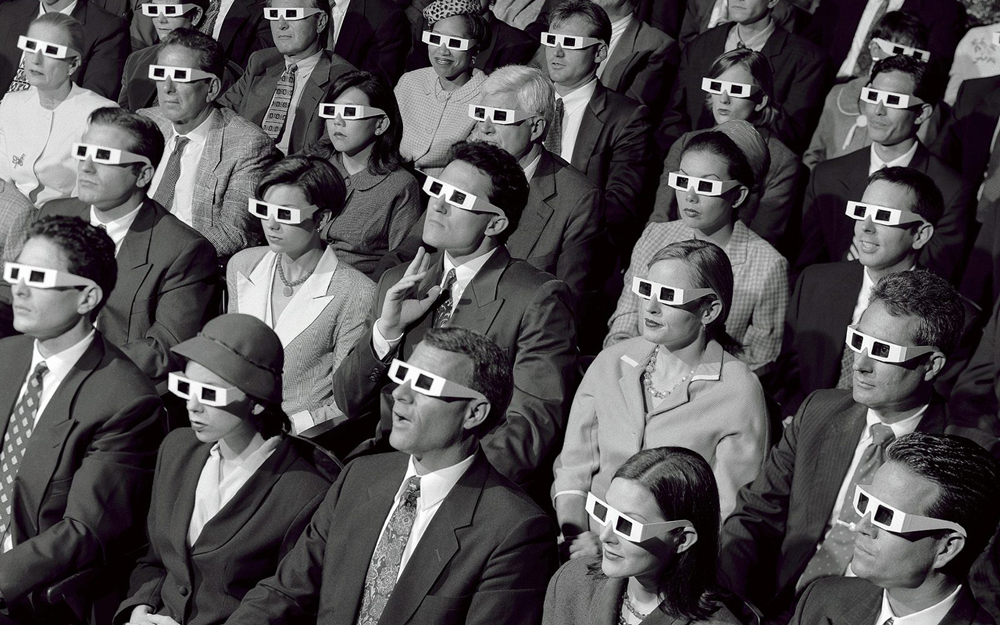Many posts in this blog have been about how arts organizations, especially in the nonprofit or public sectors, can learn a thing or two about strategic pricing from other organizations, including non-arts commercial firms. But at The Economist, blogger Schumpeter writes that the private sector is not all that sharp when it comes to pricing either: Firms should simply take pricing more seriously: have a clear policy and make everyone stick to it. Obvious? At a recent conference organised by Simon-Kucher, the 100 or so delegates were asked to … [Read more...]
Win-win
I am working on a project, which is taking many more hours than expected. While I love the idea of spending all my summer afternoons and evenings hanging out in the backyard with my children, there are times where I simply need to get to the office to get some writing done, where editing text at the dining room table is just not going to work. There are college students in this town who are great caregivers, who could use some money to get them through the school year, and who have time on their hands in late July. I am (relatively) cash-rich … [Read more...]
Giving it away
At Slate, Matt Yglesias reports on attendance at a WNBA game in DC, wondering why the stands are not full: Now it's easy to tell a story where the demand just isn't that price-responsive and so the revenue-maximizing price doesn't generate sellouts. But this is what price discrimination is for? Where's the senior discount? Where's the kids discount? And heck, just give tickets away for free. I'd be trying to find every girls sports organization in town and give them blocks of free tickets. You'd make some money at the concession stand, you'd … [Read more...]
Do cultural districts matter?
At the Art Newspaper, Adrian Ellis claims that they do: Few cities command the accolade “great” or even “liveable” without a significant cultural presence. Today, whether the question is “Where is the best place to bring up your family?”, “Where do knowledge workers congregate?” or “What attracts inward investment?”, “Cities with a rich cultural life” is the most common answer, alongside those with good public education, low crime rates and decent transport. (They are usually the same places.) In this context “culture” usually means museums … [Read more...]
The great small plate debate
My very first post for this blog was about why for some products - cable TV, museums, Disneyland - you are made to purchase a "bundle" of items (one hundred channels, permission to visit many rooms in the museum, all the rides you can do in a day) rather than being able to buy a la carte (one or two channels, just a ticket to see the abstract expressionists, one ride on Magic Mountain). In the latter two cases it might be just too hard administratively to make it work, but that's not true of cable, where it is easy and costless for the provider … [Read more...]
Cost disease, wages and skills
Cost disease is often cited as an economic phenomenon that poses particular challenges in the arts, especially the live performing arts. In a nutshell, here is the theory: productivity is defined as the value of output produced per worker. Rising income over time depends upon rising productivity: if the economy is not producing more output, it cannot earn higher incomes. We earn more per person than our grandparents did because we produce more. Productivity has risen over time because we have more capital stock (machines and buildings and … [Read more...]
Today in background noise
Reported today on Artsjournal.com: Researchers report the soothing sounds of a Mozart minuet boosts the ability of children and seniors to focus on a task and ignore extraneous information. (Pacific Standard) Reported today on Artsjournal.com: Researchers "found that a level of ambient noise typical of a bustling coffee shop or a television playing in a living room, about 70 decibels, enhanced performance compared with the relative quiet of 50 decibels" (New York Times) Bonus video: http://www.youtube.com/watch?v=j5Y4wVWz-AQ … [Read more...]
Exit, voice and prices
In the New Yorker this week, Malcolm Gladwell reviews (with high praise) a new biography by Jeremy Adelman, Worldly Philosopher: The Odyssey of Albert O. Hirschman. I have not read the biography, but I do highly recommend Gladwell's essay. One of Hirschman's most famous works is Exit, Voice, and Loyalty. What do we do when we become unhappy in one of our business relationships: a coffee shop whose service is not as friendly as it used to be, a workplace that has become problematic? Traditional economic theory as taught in textbooks answers: … [Read more...]
Event planning
At the Freakonomics blog, thinking about how to generate revenues from creative goods when digital copies are so readily available: Products – especially digital ones – are often very easy to copy. But experiences can be highly copy-resistant. Just think of music: it’s easy to pirate a song, but it’s very difficult to effectively pirate a live show. The Los Angeles Times reports on a package deal to fans waiting for World War Z: The package will include an advance screening in RealD 3-D of the Brad Pitt movie at select theaters nationwide … [Read more...]
The enduring mystery of scalpers
I posted re scalpers a few weeks ago. The forthcoming New York Times magazine has a story on ticket resale. It is, well, unsatisfying. The problem at hand is this: if so much money is to be made through ticket resale, why have the artists or concert promoters not done what they can to capture that money? Why leave it on the table for scalpers and StubHub? Put in other terms, why aren't initial ticket prices closer to the level where the resulting demand would more closely approximate the capacity of the venue? From the Times: [Bruce] … [Read more...]









